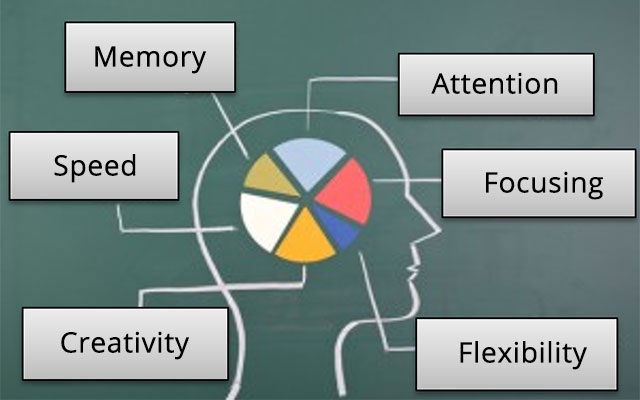Neuropsychological Assessment – I
Neuropsychological assessment explains the relation between cognizance and behaviors. Neuropsychological tests are used to measure mental abilities: attention, memory, calculation, language skills, planning, abstraction, judgment, etc. They are frequently administered to geriatric patients.

Neuropsychological assessment, can be used for diagnosis, tracking the course of the disease, and for making researches, etc. The neuropsychological tests to be administered may vary from patient to patient; variables like age, gender, level of education, and the type of the disease determine the tests to be administered. The patient is never subjected to only one test; the result of the assessment is backed by different tests.
The neuropsychological tests administered in our country are grouped in three main titles:
- Screening Tests and Short Dementia Batteries
- Behavior Inventories and Mood Tests
- Tests Assessing Cognitive Functions
In our article titled Neuropsychological assessment – I, the first two titles (Screening Tests and Short Dementia Batteries, and Behavior Inventories and Mood Tests) will be summarized.
Screening Tests and Short Dementia Batteries
- Mini Mental Status Examination Test
- Blessed Short Orientation-Memory-Concentration Test
- Gökmen Short Cognitive Examination Test
- Alzheimer Disease Assessment Scale
The tests in this group are used to grade cognitive disorders (regarding cognizance), particularly for dementia and Alzheimer.
Behavior Inventories and Mood Tests
- Neuropsychiatric Inventory
- Frontal Behavior Inventory
- Frontal System Behavior Inventory
- Geriatric Depression Scale
The scales in this group reports the behavioral disorders of the patients with dementia. Neuropsychiatric Inventory and Frontal Behavior Inventory are administered to the patient’s relative; Frontal System Behavior Inventory, however, is administered to both patient and his/her relative. Other than psychological indications like delirium, hallucination, anxiety, lack of attention, anger, aggression, extreme happiness, some behavioral signals like poor/increased appetite, abnormal motor activities, abnormal sleep/night conditions, self-care negligence and stacking are assessed by means of these inventories. Geriatric Depression Scale, however, is administered to the patient. Mood changes, anxiety, immobility, disturbing thoughts, negative judgments about the past/current/future are assessed. The depression score of the person is graded based on the assessment of his/her increasing age.
References:
Işık, A. T. & Tanrıdağ, O. (2009). Geriatri Pratiğinde Demans Sendromu. İstanbul: SOM Kitap.
Kumral, E. (2014). Klinik Nöropsikoloji ve Nöropsikiyatri. İstanbul: Güneş Tıp.












